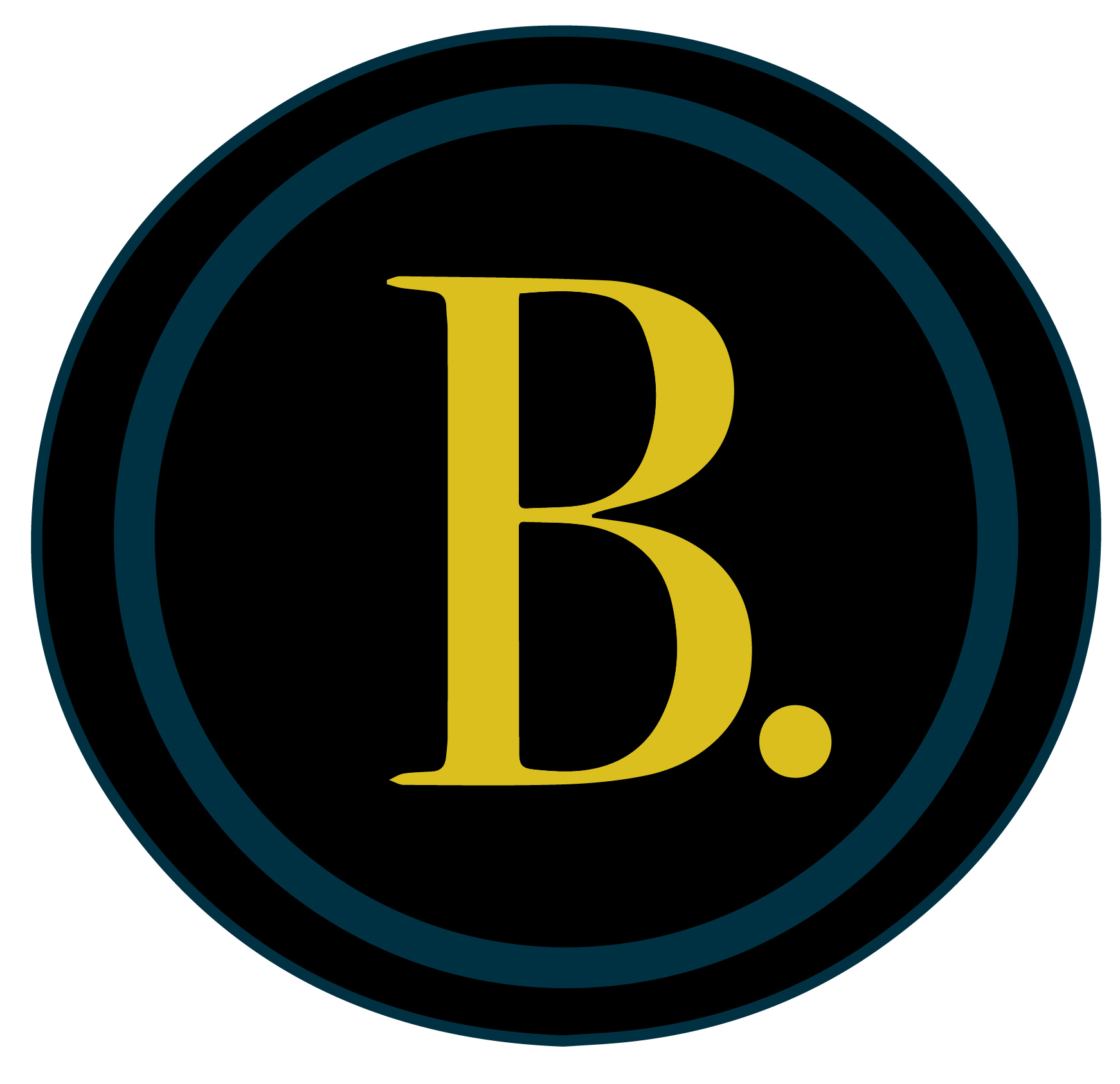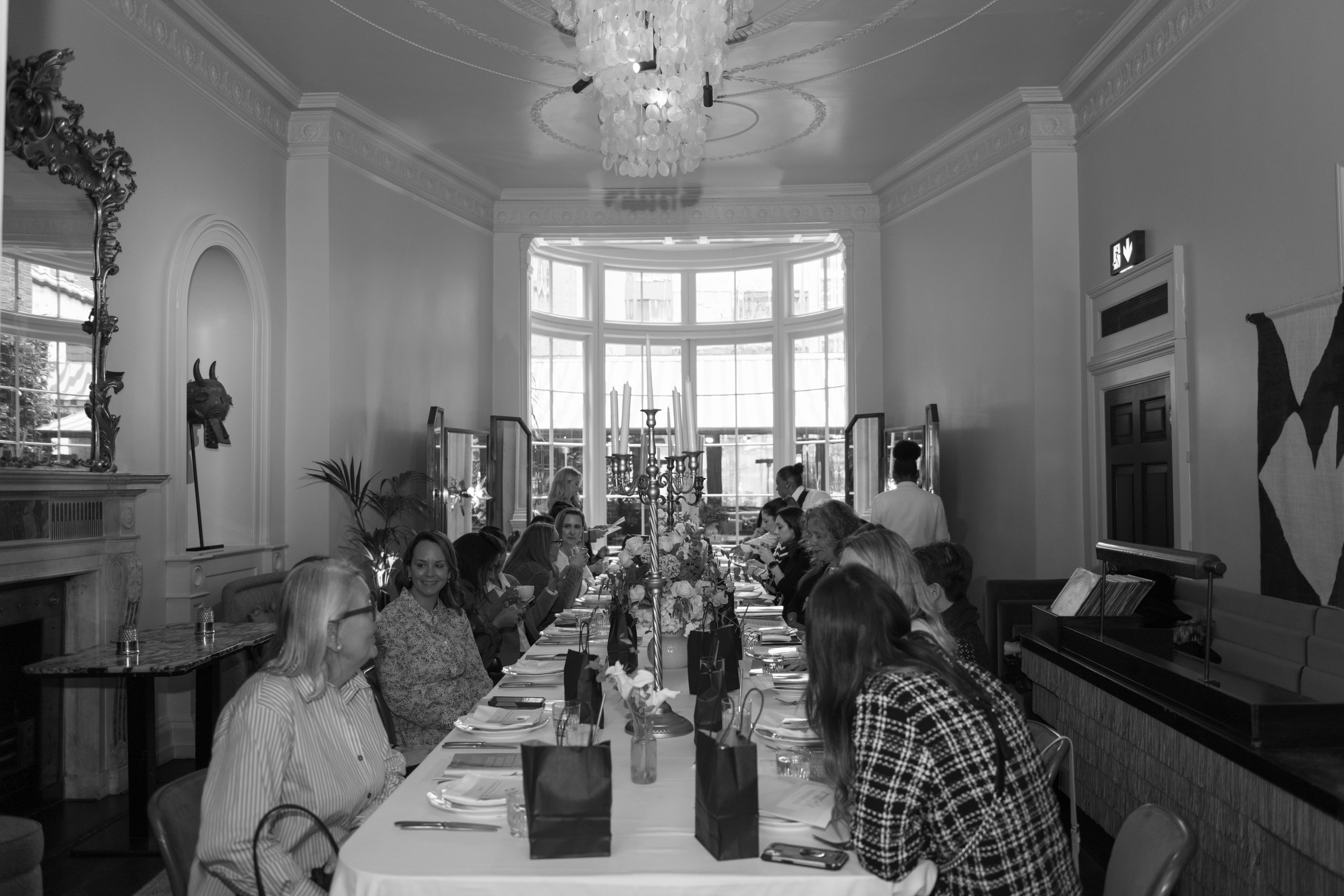
Marvelle At Southcenter give us ‘5 Things to Remember When Crafting a Thank You Letter After A Job Interview.’ located in the downtown core of Tukwila, Marvelle at Southcenter sits in the heart of the Tukwila Urban Center and transit-oriented development area. The urban location offers residents convenient access to nearby restaurants, shopping mall, and medical facilities.
Within two business days of the interview, you should write a thank you letter. Sending it right away is especially crucial if the job you interviewed for will be filled within a week or sooner.
Send the letter when the potential employer’s impression of you is still on their mind.
You can send the letter via email, or if the employer is old fashioned, you can send it to them in the mail. Many people prefer sending an email due to the following reasons:
- With an email, you can do more than just remind your prospective employer of your qualities. You can also include a link to your LinkedIn account, social networking profiles, and online portfolio.
- You can also send your thank-you message immediately rather than having to wait for the postal service to deliver it.
- It’s easy to write and send an email on the same day.
Of course, if you get the feeling that the interviewer is old fashioned (as we briefly mentioned above), then perhaps sending a thank you letter via snail mail is a better option.
Whatever you do, don’t drop the letter off at their office because that could make things awkward. When you put together the thank you letter there are 5 things to keep in mind, which we outline below:
Personalise It
As you begin to craft the thank you letter, first start with personalized salutations (i.e., Dear Mr. Smith and Mrs. Johnson).
If you’re sending an email, you should personalize the subject line as well. It should include the phrase “thank you” and one of the following (depending on the details you have):
- Thank You–Job Title.
- Thank You–First Name Last Name, Job Title.
- Job Title, First Name Last Name–Thank You.
- Thank You–Job Title, First Name Last Name.
After addressing the person in the subject line and in the body of the email, continue with a personal introduction. The intro should include something non-work related that you discussed during the interview. Here are a few examples:
- It was so wonderful meeting both of you; I hope you were able to go to the mountains and ski over the weekend.
- I hope you got a chance to start reading that book. After the interview, I picked it up again and started rereading it.
- Please tell your pup my dog Daisy says hello – they really should meet and play at our local dog park sometime!
Be Sincere With Your Thanks
After writing a personalised intro, get straight to the point and thank them for the interview.
You should also mention the job position you are applying for and the company. Here are a few examples:
- I really appreciate you taking the time to discuss the [position] role with me. It sounds like [company name] is an excellent place to work.
- Thanks for interviewing me for the role of [position]. It seems like it would be an excellent fit for me and I’d love to work for [company].
Provide Specific Examples From the Interview
Throughout the interview, you no doubt spoke about various topics such as the company’s goals, where you would work, who you would work with, and what the position would entail.
In the letter, you should also include what stood out to you the most about the position and provide specific examples.
Providing examples will impress them and help them realize that you really paid attention throughout the interview. Paying close attention to details is bound to earn you some brownie points. It’ll also make them look twice as your resume and carefully consider you for the position.
Below are some examples as to what details you could mention from the interview:
- I enjoyed meeting Sarah and learning how my role would help her gather more data about customers.
- In addition to your exceptional employee benefits, I like how your company offers fun outings such as attending monthly sporting events. It’s a fantastic way to boost employee morale.
- Thank you for thoroughly explaining the job position and showing me the office where I would work. It was great getting a sense of where and who I would be working with there.
- I’m glad I could provide some examples as to how my past position will help in this new role. I feel I could add to the company with my extensive experience.
Address Any Missteps in the Interview
It’s perfectly reasonable to have a misstep or two during an interview.
If there were any questions your interviewer asked that you weren’t able to accurately answer, use the thank you as an opportunity to address the matter.
However, don’t overexplain things. The best thing to do is to keep it brief while still getting your point across.
Express Your Continued Interest in the Position
Finally, let your potential employer know that you are very enthusiastic about the position, especially now that you’ve learned more about it.
Don’t make your letter stiff and robotic though. Instead, think of specific aspects of the position that you’re ideally suited.
One way to do this is by asking yourself some questions before finishing up the thank you letter.
- Why do I want this job so much?
- Why will I be better at this job than other candidates the company is considering for the same role?
- What element most excites me?
Provide one or two examples of why you’re interested in the position and why you’re an excellent fit.
By sending a thank you email not long after your interview, you’ll confirm the good impression you made and keep yourself on their mind when they make a hiring decision. A thank you letter will also show hiring managers that you have excellent communication skills and good manners. All of these attributes are what employers desire to have in an employee who works for their company. Hopefully, if all goes well, that will be you!
Website: http://marvellesc.com
















